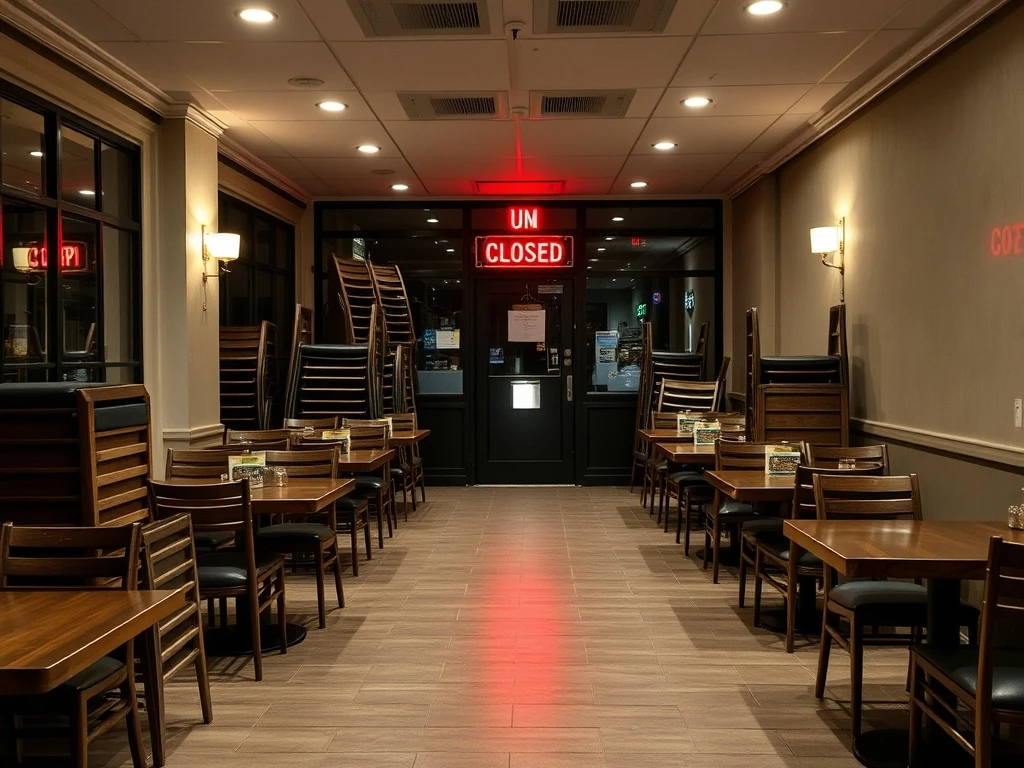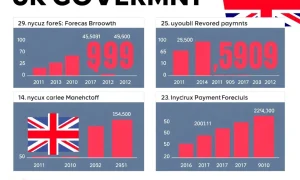The UK hospitality industry faces unprecedented crisis as new data reveals nearly 90,000 hospitality job losses following last year’s autumn budget tax increases. This staggering figure represents more than half of all employment reductions across the entire economy since October 2024.
Hospitality Job Losses Reach Critical Levels
According to UK Hospitality’s analysis of official employment data, the sector has absorbed the heaviest blow from recent fiscal policies. The Office for National Statistics confirms approximately 165,000 positions have disappeared nationwide since the budget implementation. Consequently, pubs, bars, restaurants, hotels and leisure venues bear the disproportionate impact.
Structural Vulnerabilities Exposed
Economists had previously warned that specific factors would magnify the hospitality job losses:
- National living wage increases affecting lower-paid workers
- Higher employer National Insurance thresholds raising operational costs
- Large numbers of part-time and flexible staff common in hospitality
- Younger workforce demographics particularly vulnerable to market shifts
Industry Leadership Responds to Crisis
Kate Nicholls, UK Hospitality chairwoman, described the hospitality job losses as “staggering” and urgently called for government intervention. She emphasized that businesses face agonizing decisions regarding staffing reductions, particularly affecting part-time roles. Meanwhile, industry leaders collectively advocate for VAT reductions and business rate reforms to alleviate financial pressure.
Broader Economic Implications
The hospitality job losses trigger wider economic concerns. Retail and leisure sectors join hospitality in demanding urgent tax reforms. The British Retail Consortium highlights that retailers already shoulder over 20% of commercial property taxes. Furthermore, experts warn that rising payroll costs may eventually translate into higher consumer prices, potentially undermining economic stability goals.
Future Outlook and Recommendations
While recent ONS data suggests employment may be stabilizing, economists caution against additional payroll tax increases. Andrew Wishart of Berenberg advises the government to avoid further autumn tax hikes, suggesting broad-based income tax increases instead if additional revenue becomes necessary. The industry awaits the next budget with cautious optimism, hoping for policy adjustments that might stem further hospitality job losses.
Frequently Asked Questions
How many hospitality jobs have been lost since the budget?
Nearly 90,000 positions have disappeared from the UK hospitality sector over the past nine months.
Which sectors are most affected besides hospitality?
Retail and leisure sectors report significant strain, with care and leisure employers noting substantial cost increases from National Insurance changes.
What measures are industry leaders advocating for?
Industry representatives urge VAT reductions, business rate reforms, and avoiding further payroll tax increases in the next budget.
Are there signs of recovery in the job market?
Recent ONS data shows employment stabilizing in the three months to June, suggesting the labor market may be absorbing the initial shock.
How do these job losses affect the broader economy?
Beyond immediate employment impacts, rising business costs may lead to higher consumer prices and reduced economic stability.
What was the government’s original job loss forecast?
The Office for Budget Responsibility initially predicted around 50,000 job losses from National Insurance increases, but actual impact has exceeded expectations.
























